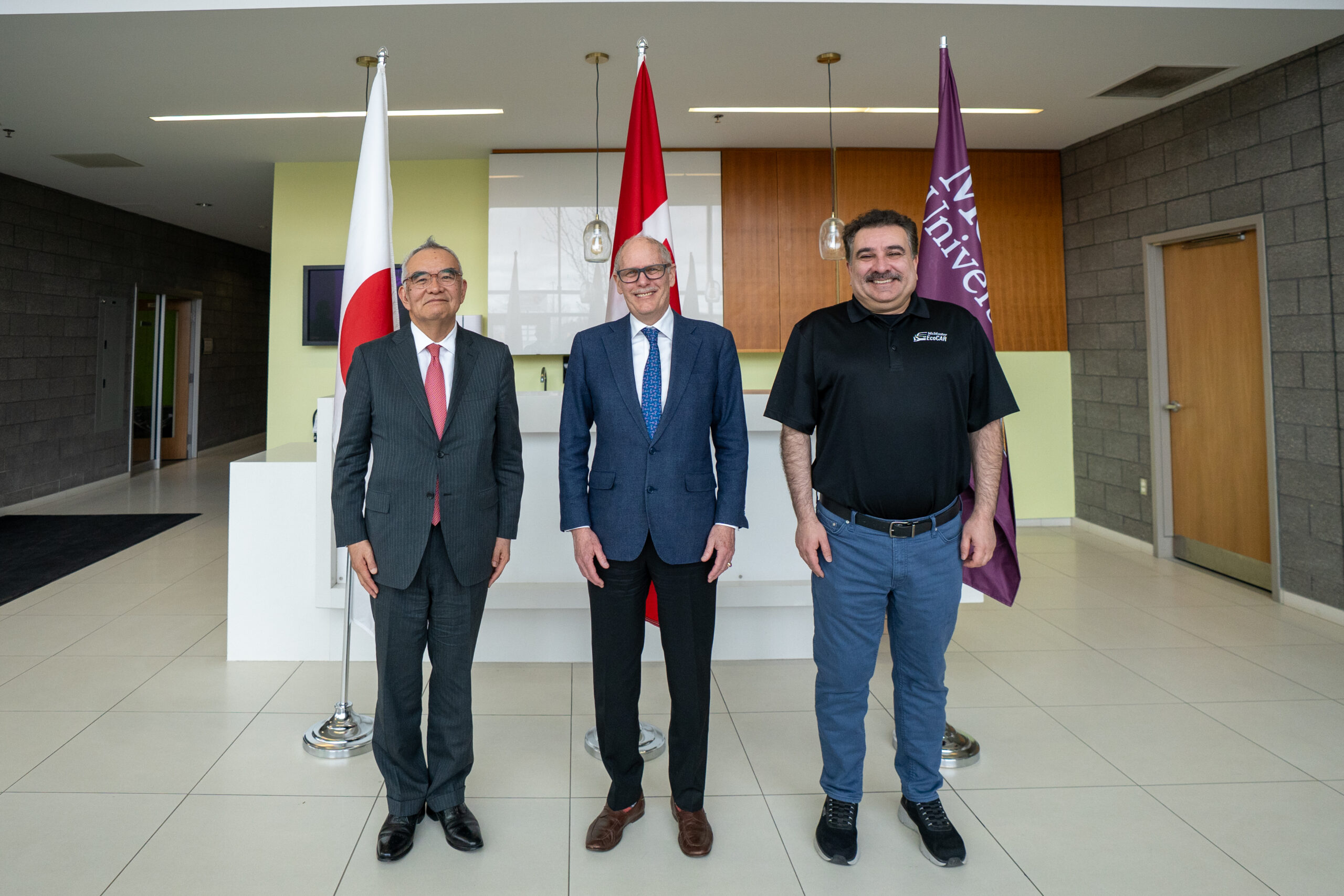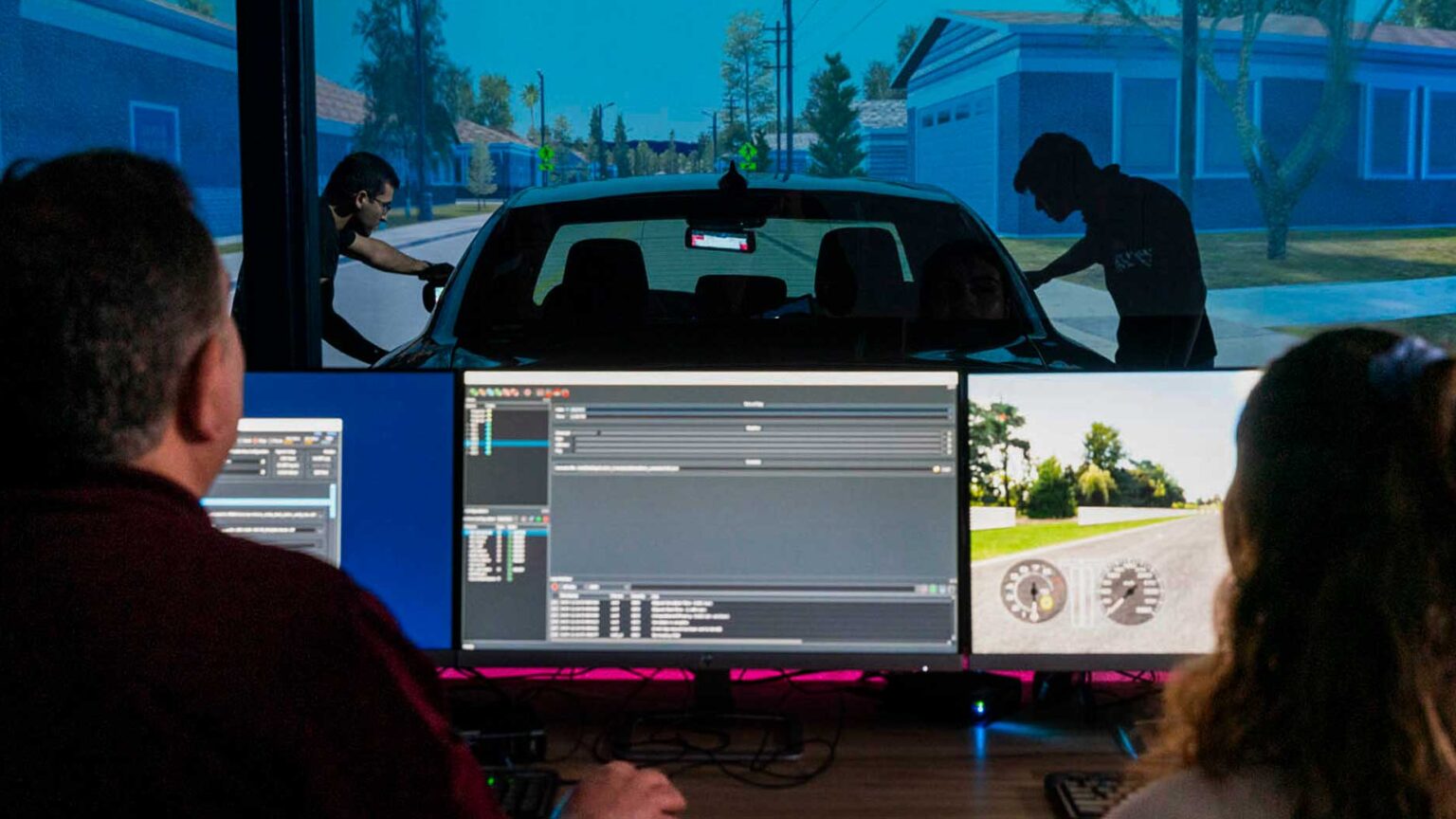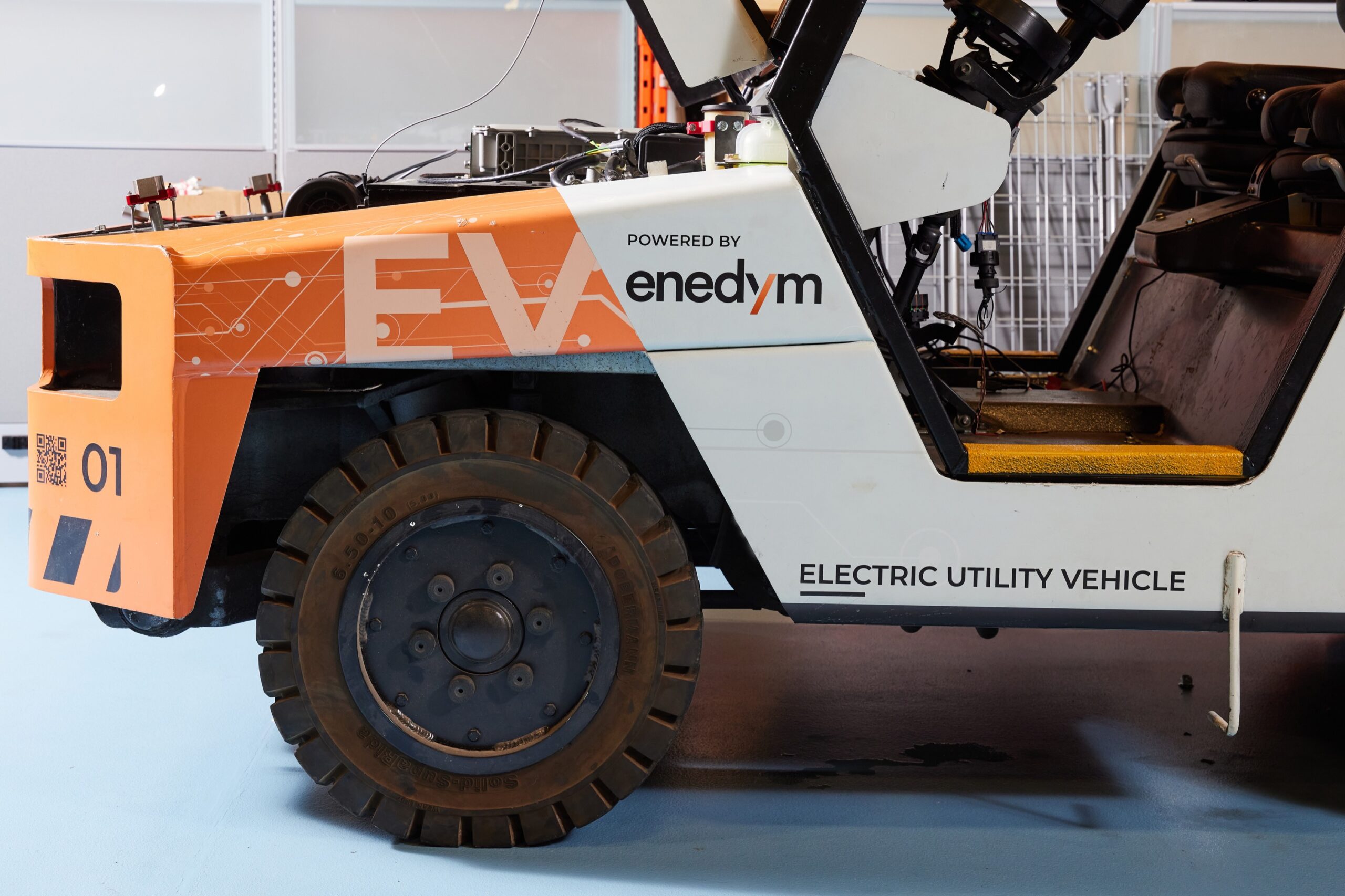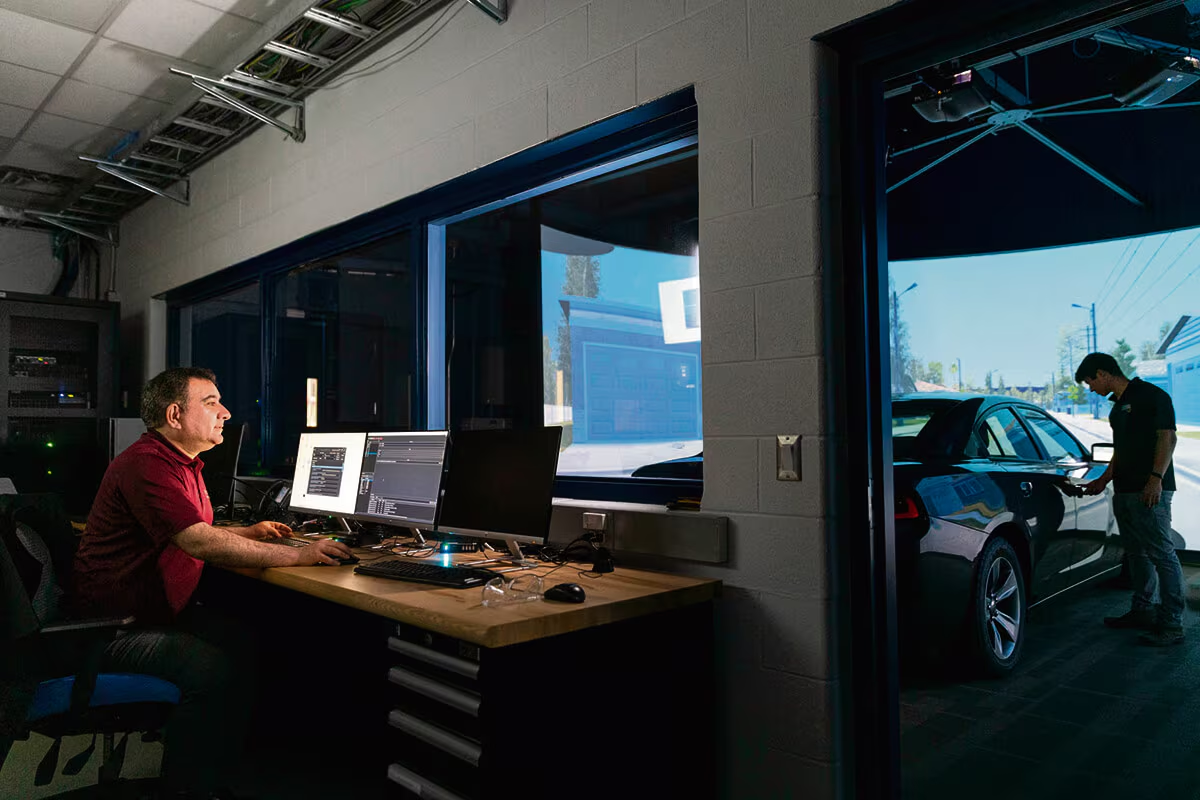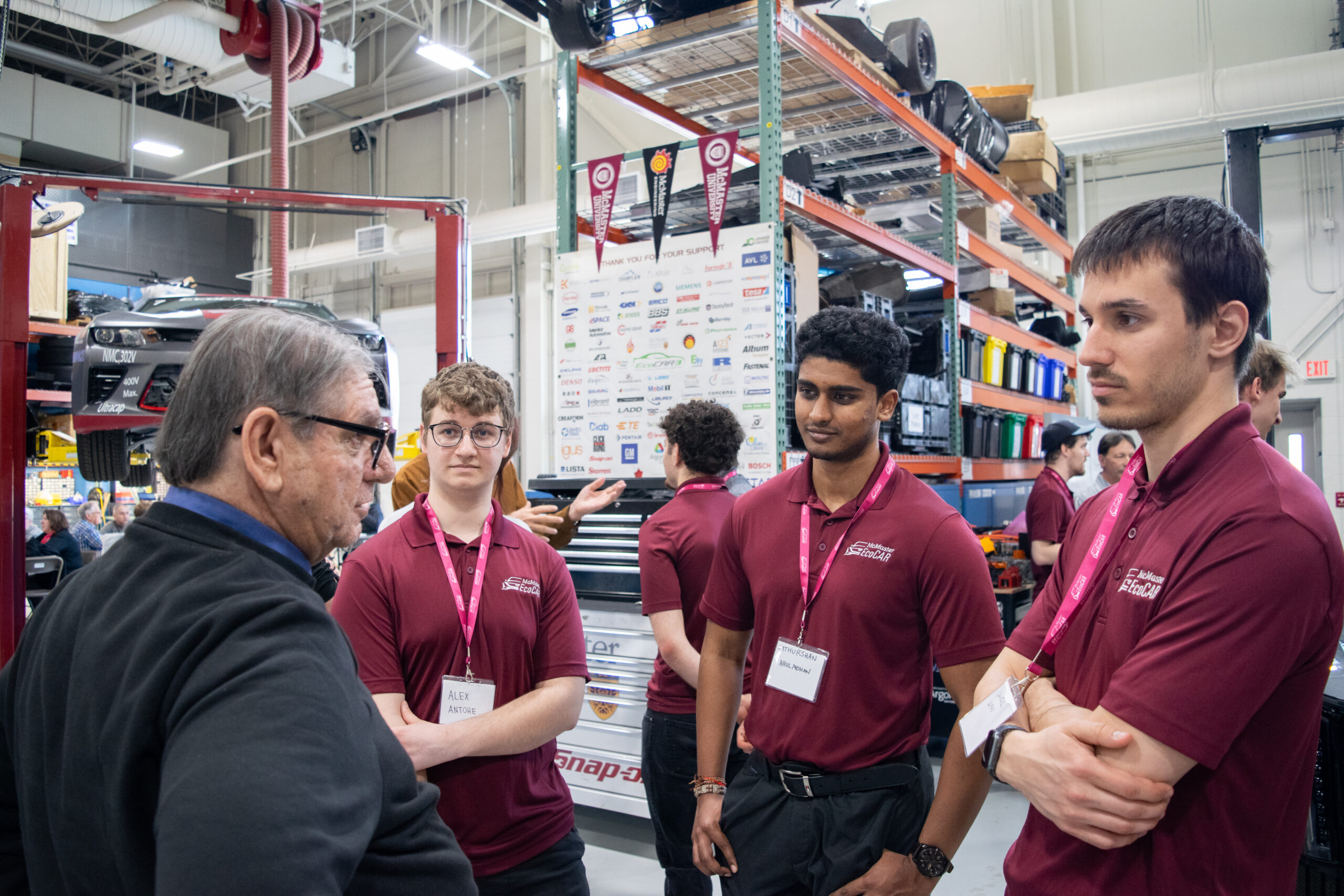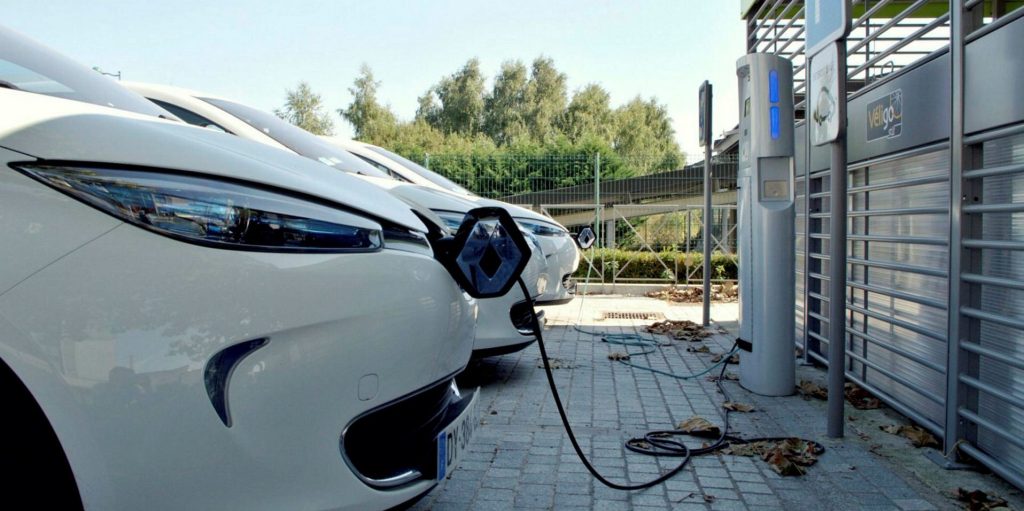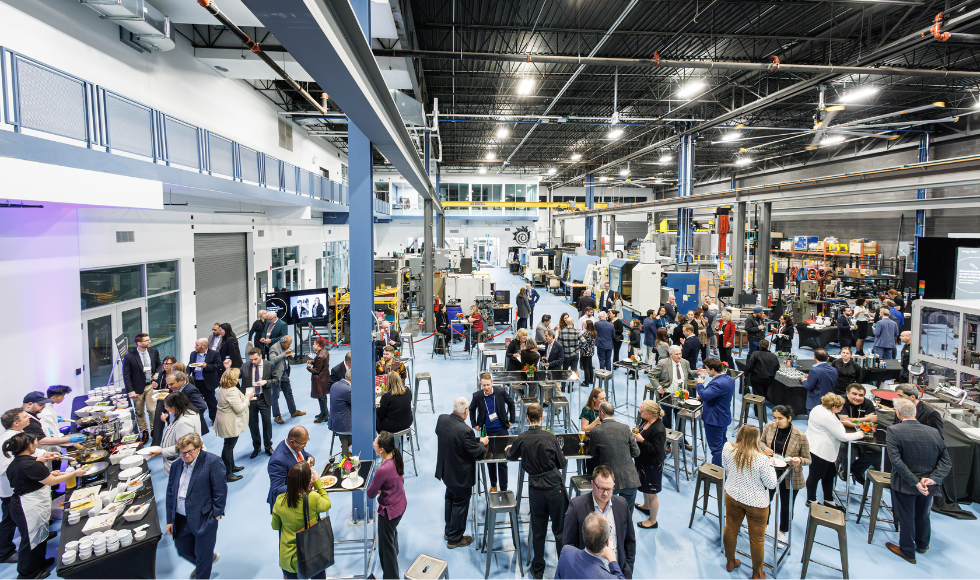Eduardo Cattani Silva received his bachelor’s degree in control and automation engineering and his master’s degree in electrical engineering from Universidade Federal de Santa Maria, Brazil, in 2021 and 2024, respectively. His graduate research focused on the development of silicon carbide (SiC) inverters for automotive powertrains. In 2024, he joined the McMaster Automotive Resource Centre (MARC) at McMaster University, where he is pursuing a Ph.D. in electrical engineering under the supervision of Dr. Ali Emadi. His doctoral work explores hybrid switch inverters for efficient and cost-effective propulsion of electrified vehicles. Throughout his academic and professional career, Eduardo has contributed to electrified vehicle powertrain development through journal and conference publications, as well as collaborative research with industry partners.
Full Profile
Eduardo’s engineering journey began in control and automation at the Federal University of Santa Maria (UFSM), where he applied computer vision and mapping techniques to autonomous vehicle competitions with the Taura Bots team and to georeferencing projects for industrial clients. Tackling real-time control challenges sparked a deeper curiosity about the power hardware behind dynamic systems. This led him to explore power electronics and motor drive control as a member of UFSM’s Grupo de Eletrônica de Potência e Controle (GEPOC).
During his M.Sc. at GEPOC (2021–2024), Eduardo played a key role in developing a multiphase silicon carbide inverter for an industrial project to electrify an internal combustion vehicle. He was responsible for semiconductor selection, PCB layout, gate drive design, CAN-based communication, and system-level testing. This experience gave him deep expertise in wide-bandgap inverter design and validation. His research also examined advanced control of non-sinusoidal permanent magnet synchronous machines (PMSMs), strengthening his foundation in motor control.
In 2024, Eduardo joined Dr. Ali Emadi’s research team at the McMaster Automotive Resource Centre (MARC) to pursue his Ph.D. His current work focuses on hybrid switch inverter architectures that combine silicon and wide-bandgap devices to boost efficiency while managing cost—making them practical for industry adoption. Immersed in MARC’s multidisciplinary environment, Eduardo is expanding his expertise across the electric powertrain stack, from batteries and inverters to machine design and drivetrain validation using MARC’s advanced dynamometer test cells.

